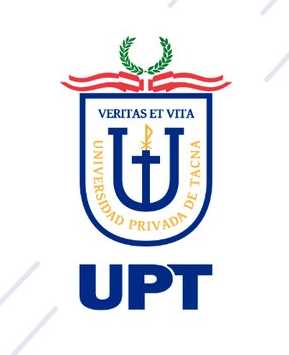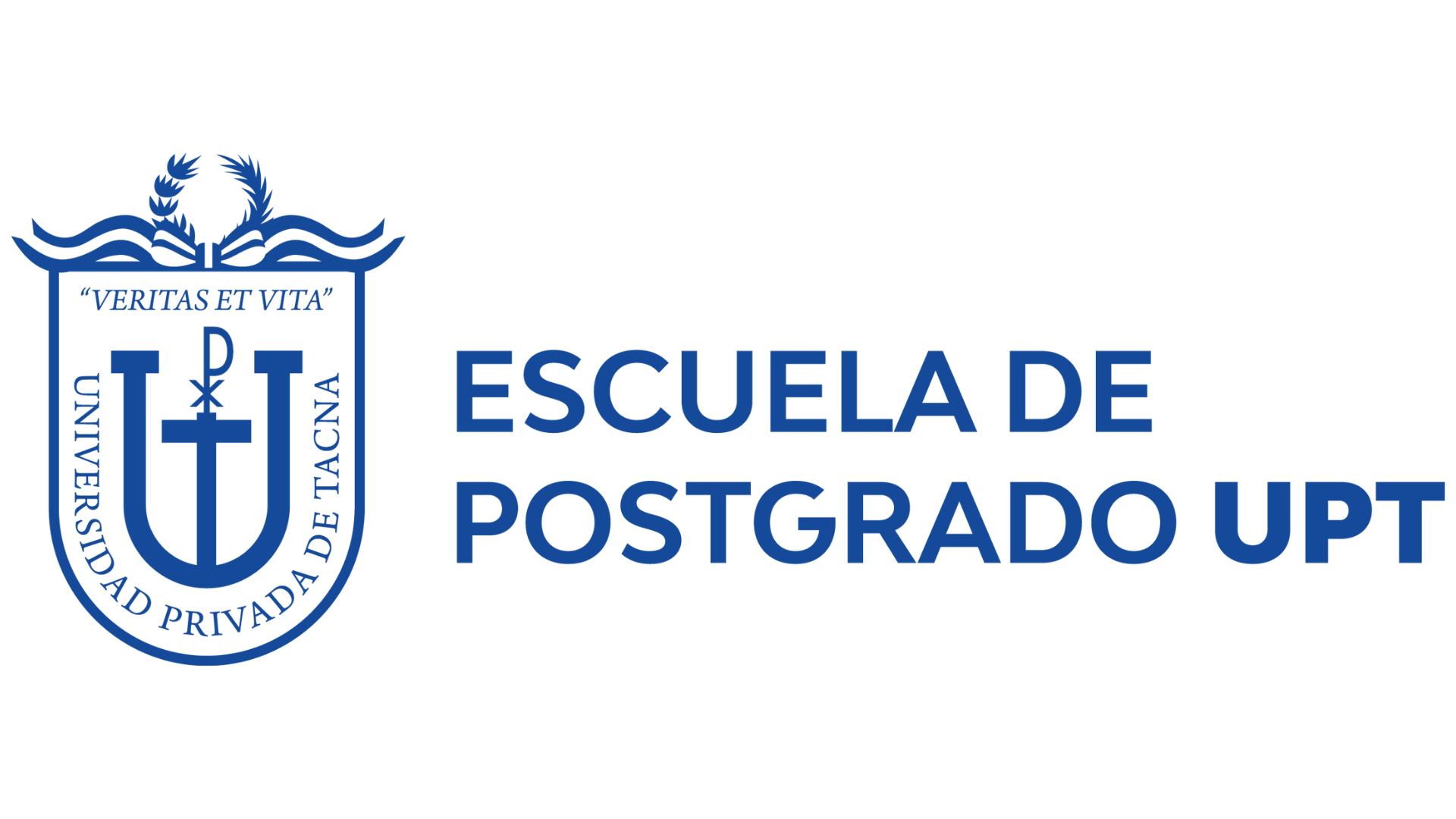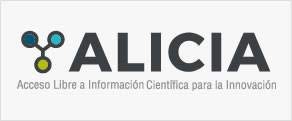Comparative study of credits granted to productive activity by public and private banks in la troncal, Ecuador
DOI:
https://doi.org/10.47796/ves.v10i2.569Keywords:
Public and private financial institutions, Ecuadorian state, productive credits, economic growth.Abstract
The relevance of the subject of study is derived from the purpose of developing better measures of economic growth in the Canton La Troncal, the productive credits granted in the public and private financial institutions of the country being decisive for its scope, with which it seeks to achieve what is stated in Sustainable Development Goal 8 "Promote sustained, inclusive and sustainable economic growth, full and productive employment, and decent work for all." For this, the Ecuadorian State uses different norms or laws such as the Productive Development Law, which is oriented towards favoring the credit and payment measures of entrepreneurs to attract new investments, it can be indicated that this form of action or intervention has a deep mercantile theoretical approach due to the need for government intervention to generate wealth in the factors of production. For its part, the study presents a theoretical justification due to the importance of credit facilities to encourage the projects of different nations and how slow progress in the economy would be caused if these benefits impose inappropriate mechanisms. In addition, a methodological justification based on descriptive research with a quantitative approach is presented, since a survey was applied to 68 entrepreneurs and an interview was carried out with 2 private and 2 public financial institutions, which will serve as the basis for the development of future studies. that show a topic and research phenomenon similar to the one exposed in this research.













